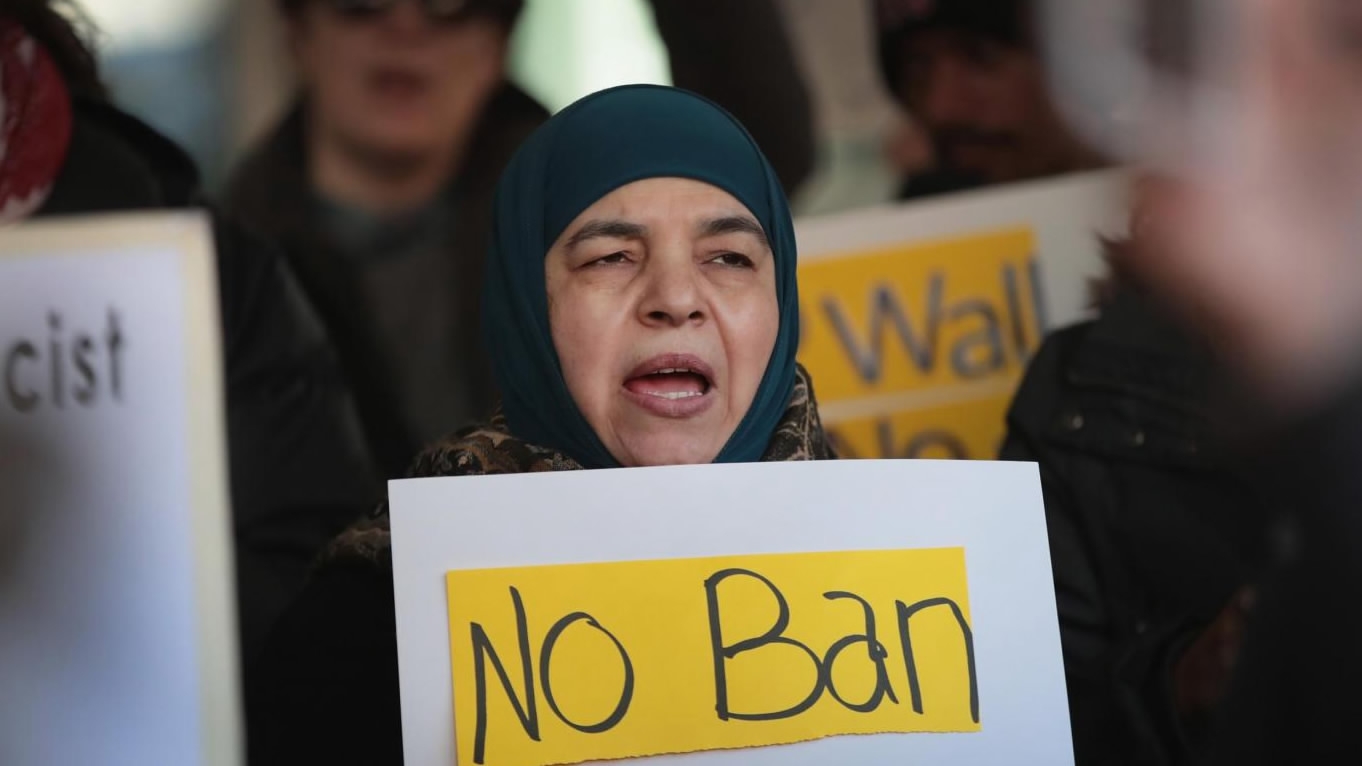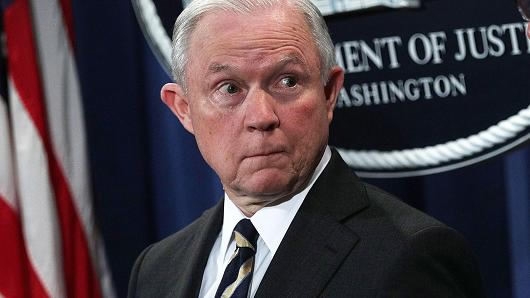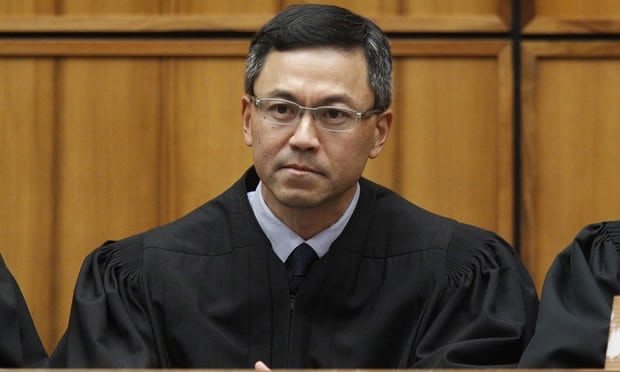
Politics
09:43, 15-Jul-2017
Trump to appeal court decision on Muslim-country travel ban

Donald Trump's administration vowed Friday to appeal a federal judge's decision to weaken the president's temporary ban on US entry for some travelers from six Muslim-majority countries.
Attorney General Jeff Sessions, in a strongly-worded statement announcing the appeal, accused the Hawaii court of having "undermined national security, delayed necessary action, created confusion and violated a proper respect for separation of powers."

Attorney General Jeff Sessions / CFP Photo
Attorney General Jeff Sessions / CFP Photo
He charged the lower court had "improperly substituted its policy preferences for the national security judgments of the executive branch in a time of grave threats, defying both the lawful prerogatives of the executive branch and the directive of the Supreme Court."
In Hawaii Thursday Federal Judge Derrick Watson ruled that the administration's criteria unfairly excludes grandparents and grandchildren.
It is unclear how quickly the Supreme Court – now in summer recess but able to act on emergency motions – might be able to respond, and when or if the expanded terms set by the Hawaii judge might take effect. If they do, thousands of potential travelers could be affected.
The travel ban, which the administration insists is necessary to keep violent extremists out of the country, has faced a series of judicial roadblocks from lower courts.
But the administration gained partial satisfaction in June when the Supreme Court ruled that it could proceed with its plan to prohibit the entry of some people from countries deemed dangerous, while still allowing visits by people with "a credible claim of a bona fide relationship with a person or entity in the United States."
The Supreme Court's ruling allowed a 90-day ban on visitors from Iran, Libya, Somalia, Sudan, Syria and Yemen, and a 120-day ban on refugees to come into force, with exceptions for those people with "bona fide" relationships.
That June 29 ruling, which capped months of legal wrangling, left unclear the question of just who had such a "credible claim." The Trump administration then provided a list defining that category as including parents, spouses, children, sons- and daughters-in-law, siblings and step- or half-siblings.

Derrick Watson’s Thursday ruling broadened the definition of what counts as a ‘bona fide’ relationship. /AP
Derrick Watson’s Thursday ruling broadened the definition of what counts as a ‘bona fide’ relationship. /AP
The decision late Thursday thus expanded the exceptions to the ban, ordering that the list include grandparents, grandchildren, brothers-in-law, sisters-in-law, aunts, uncles, nieces, nephews and cousins of people in the United States.
(Source: AFP)

SITEMAP
Copyright © 2018 CGTN. Beijing ICP prepared NO.16065310-3
Copyright © 2018 CGTN. Beijing ICP prepared NO.16065310-3